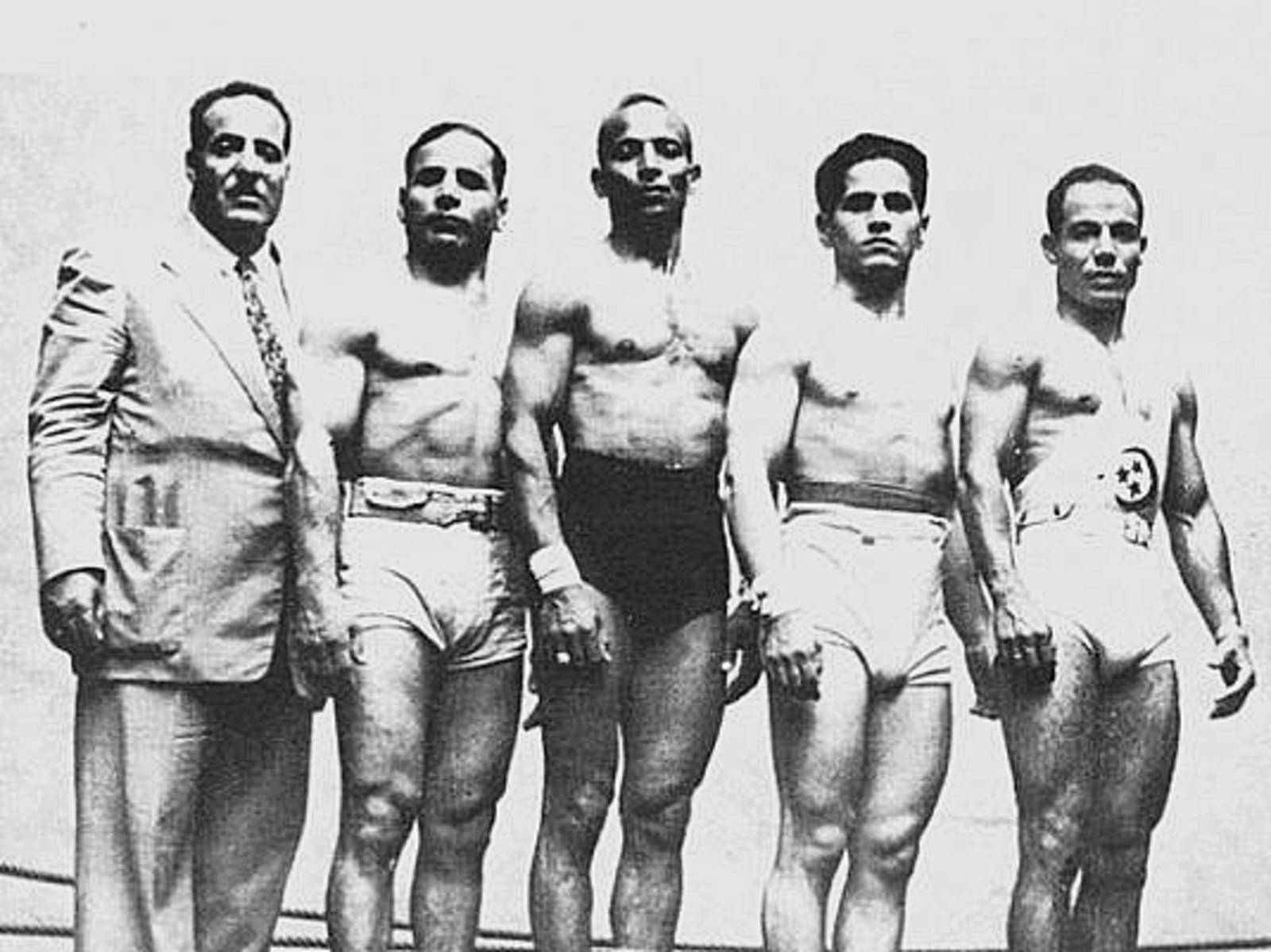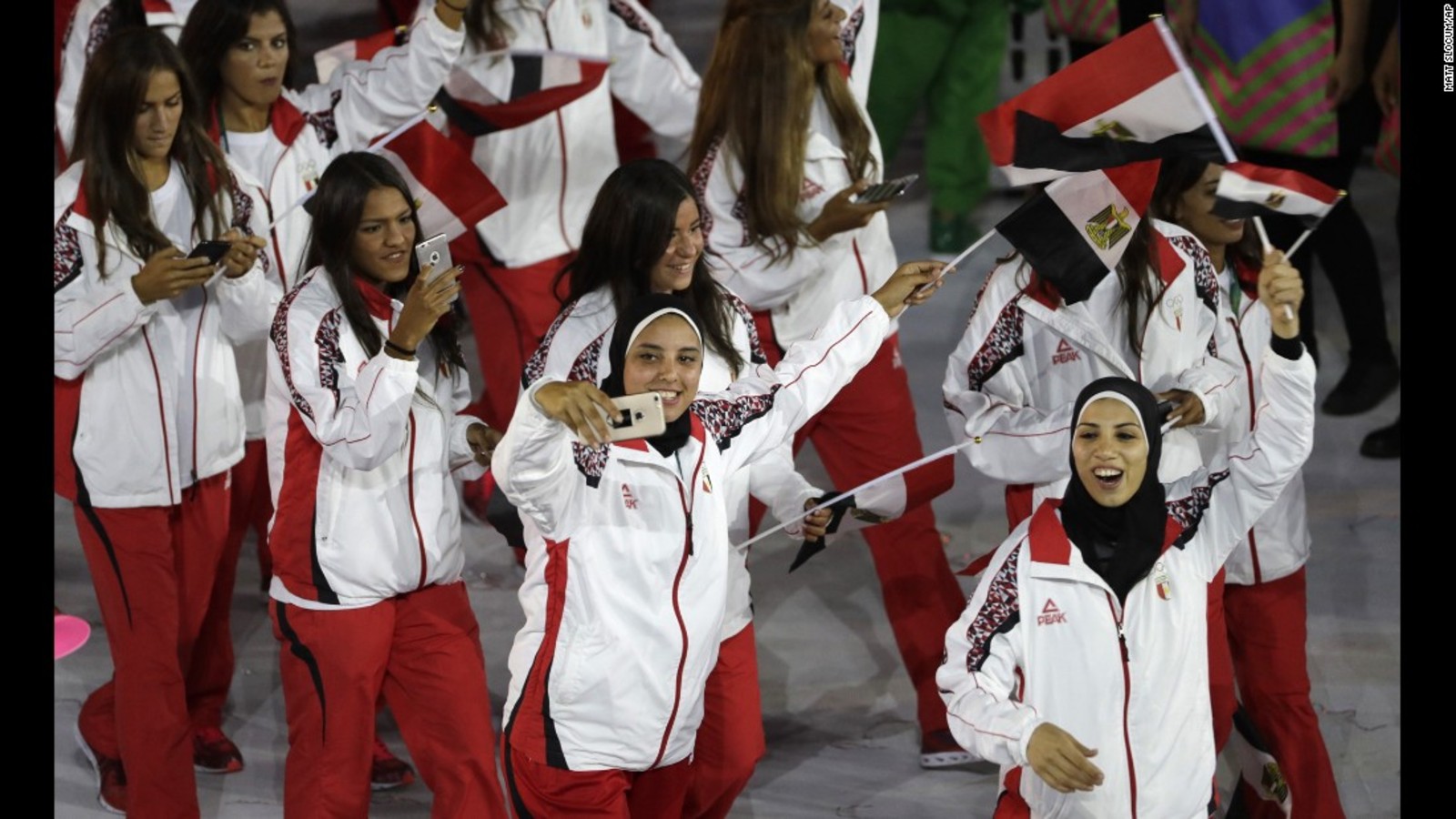Ones to watch at Tokyo 2020: Almost 120 Egyptian athletes will take part in Tokyo 2020 across 22 events, and while we’re unlikely to see medals in a handful of them, Egypt has a good chance of earning a place on the podium in several of them.
Let’s get the bad news out of the way first: Dopers mean that our biggest hope of winning medals won’t be competing. Egyptian weightlifters have been banned from competing in the Tokyo Olympics after seven athletes were found to be using prohibited performance-enhancing substances in 2016. After losing an appeal at the Court of Arbitration for Sport in 2019, the Egyptian Weightlifting Federation was fined USD 200k and its athletes were banned from participating in international events for two years. This will mean that Rio 2016 bronze medallists Mohamed Ehab and Sara Ahmed — tipped to be the nation’s biggest chance of getting onto the medal table — will be sitting at home when the Games get underway next month.
But all hope is not lost: Egypt may be without some of its strongest athletes, but that doesn’t mean that the chances of medals are lost. Athletes competing in handball, wrestling, boxing, swimming, and taekwondo all have paths to glory. Plus, there remains an outside chance that Mohamed Salah can guide the Egyptian football team to an unlikely medal.

In swimming, Farida Osman has already been busy making us proud. The Olympian swimmer landed gold medals in all three events she competed in at the International Swim Coaches Association earlier this month, taking her straight to Tokyo. She represented Egypt on the Olympic stage twice before: In London in 2012 and in Rio in 2016.
Haydy Morsy also deserves our attention. The 21-year-old modern pentathlete made it to the competition after winning the 2019 African modern pentathlon championship. Alongside Morsy, Sherif Nazeir will represent us for the modern pentathlon men’s event. We’re not sure why we’re not seeing Ahmed El Gendy and Salma Abdel Maksoud — who both landed gold in the Buenos Aires 2018 Youth Olympic Games’ modern pentathlon event — on the Tokyo roster.
Martial arts are a bright spot: Egypt has historically landed a big share of wins in martial arts at the Olympics, snapping a total of four medals in boxing, two in taekwondo, and seven — including two gold medals — in wrestling. And participants at this year’s event look promising: Two-time gold medallist at the World Karate Championships Giana Farouk will represent Egypt in the Karate, while four taekwondo athletes will participate, including Rio 2016 bronze medallist Hedaya Malak, and 2019 African Games silver medallists Nour Abdelsalam and Abdelrahman Wael.
In wrestling, the country has eight wrestlers qualified for competition including the U23 Greco-Roman Wrestler of the Year Mohamed Ibrahim Kisho, in addition to another seven who made it to the top two finals at the 2021 African and Oceania Qualification Tournament (here and here). As for boxing, two athletes will participate in the Olympic tournament: Rio 2016 Olympian and 2015 African Games silver medalist Abdelrahman Oraby as well as African Games champion Yousry Rezk.
We have a decent shot at winning some medals in the shooting: trap shooter Ahmed Zaher qualified for the Games after claiming the silver medal in the qualifying World Cup, and skeet shooter Azmy Mehelba is in following his third-place in the qualifying competition in Finland.

The national football team will be up against it, having been handed the closest thing the Games has to a “group of death.” Standing between the Pharaohs and a place in the quarter-finals are Spain, Argentina, and Australia. In order to finish first or second in the group and progress to the quarters, Egypt will likely have to win two of their games, beating either Spain or Argentina — two of the best teams in the competition.
We’re yet to hear the final team news: Olympic football teams have to consist primarily of U-23 players, but each country is allowed to include three over-age players in the squad. U-23 head coach Shawki Gharib has reportedly shortlisted 14 older players to join the team, including key names such as Liverpool forward Mohamed Salah, Arsenal midfielder Mohamed El Neny and Al Ahly goalkeeper Mohamed El Shennawy. Expect to hear news on the final squad flying to Tokyo later this month.
We at Enterprise also believe Egypt’s men handball team will be a force to reckon with. The Pharaohs will face tough opposition early on as they’ve been placed in Group B alongside two-time World Champions Denmark, World Champions silver medalists Sweden — two nations that have dominated the sport in recent years — and hosts Japan. But led by 37-year-old Zamalek veteran Ahmed El Ahmar (who will be retiring right after the Tokyo Olympics), we believe the team has a decent chance of coming home with a medal in hand, especially after we hosted last year’s Men’s Handball World Championship and stood toe-to-toe in a stellar quarter-final display against the current world champion.








